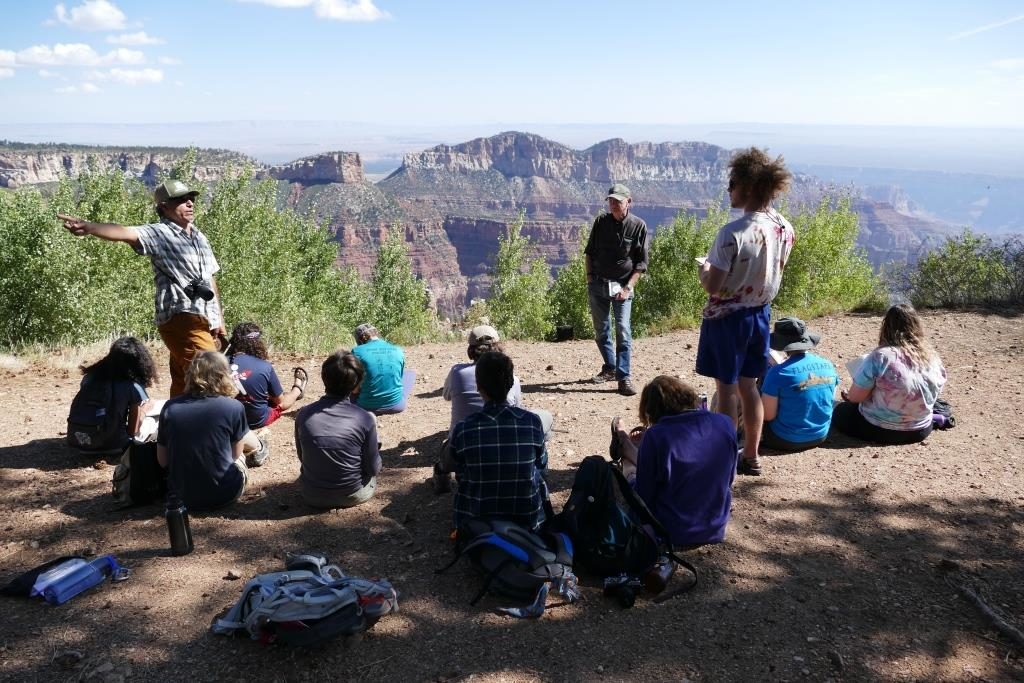There are many roles to play as a process facilitator or as the leader of a meeting. I have a framework of eight roles that I teach: Party Host, Race Car Driver, Mechanic, Nurse, Trip Leader, Improv Comedian, Designer, and Rugby Referee.
In this post I want to highlight the role of the:
Trip Leader
Making sure everyone knows where they are going, what they need to bring with them, and making sure all the guests get on the same bus at the right time.

There’s a lot to be said for just knowing that someone knows where you are going. Everyone has a different level of comfort with ambiguity, but for most people that falls between none at all and just above that. One of your roles as a facilitator is to give the group the sense of security that someone is keeping track of where they are going.
Great trip leaders are like scouts, they are prepared. Right now I am preparing to go for a backpacking trip with my husband. He is anxious because he remembers being a teenager and canoeing Boundary Waters with his boy scout troop. The boys were expected to fish for their dinner, but these boys were from Arizona and didn’t know how to fish. He recalls vividly his friend finally pulling a fish into the boat and my husband stabbed it with a knife so it wouldn’t flop back out of the boat. He was so hungry and fish had never looked so tasty. Two decades later he is still anxious about going on a trip in the wilderness without enough to eat.
Your group will not be able to focus on the work at hand if they are anxious about the basics. Help them be prepared for the meeting. Give them a road map. Be transparent with the what, how, and why as often as possible. Start on time. End on time. Offer breaks. Let them know how much more time they have. Help them help themselves. If you don’t, you will have a room full of nervous hungry people who just have to pee and can’t understand why this meeting is taking so long.
Here are some practical ideas you can get from the Trip Leader for your next meeting:
- Prepare an agenda ahead of time.
- Build breaks into any meeting longer than 90 minutes, but also give attendees permission to take breaks as they need them without shame and let them know where the restrooms are.
- Consider creating checklists for what you need to bring to facilitate the meeting or to send to participants about what they will need to bring or do before the meeting. A checklist format is very satisfying to people who like to be organized and prepared.
- Consider creating FAQs based on past meetings or similar events so that participants who have questions about what to expect will have an easy resource for getting their questions answered.
- Ensure that someone is taking care of snacks and drinks. Any meeting before 9 am, after 2 pm or longer than 2 hours should strongly consider providing refreshments.
For more in this series, see what a facilitator can learn from a:
Get the toolkit!
Do you lead meetings? I have put together this free toolkit to help you energize your team through more productive staff meetings. Enter your name and email and click get the toolkit to have it delivered to your email as a PDF.

